An Expert Guide to Safe, Efficient, and Professional Material Handling Careers
Material handling is an essential function in construction, warehousing, logistics, and manufacturing. As industries automate and scale up, motorized material handling equipment—such as forklifts, cranes, conveyors, and vacuum lifters—plays a central role in daily operations. But these machines require more than just “common sense.” Workers need the right qualifications, skills, and attitude to operate this equipment safely, efficiently, and legally.
So, what does it take to work with motorized material handling equipment? Let’s dive into the required certifications, essential skills, responsibilities, and the career path for modern material handlers.
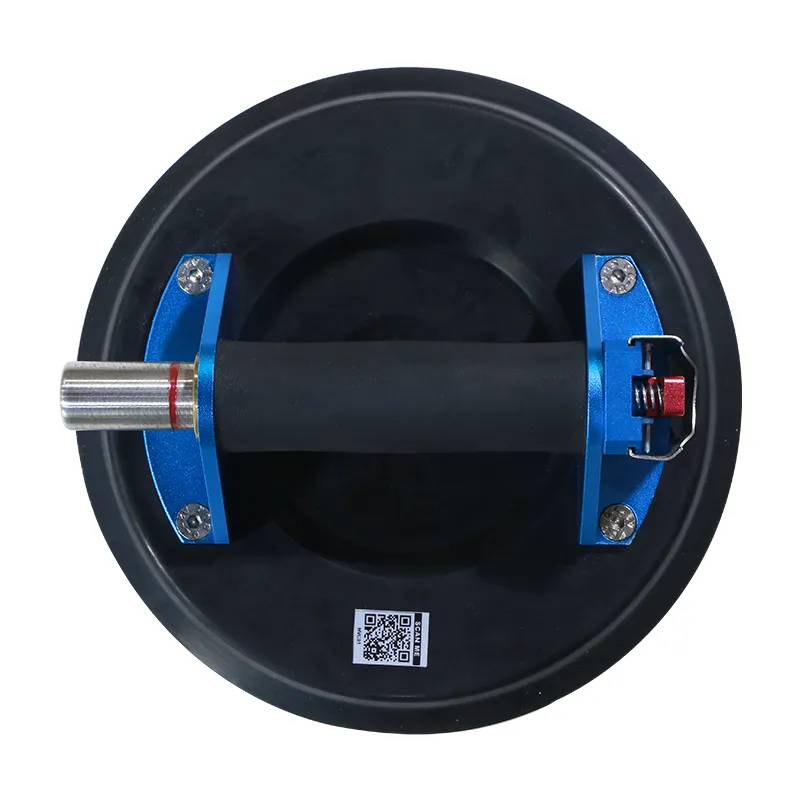
Table of Contents
ToggleWhat Is Material Handling?
Material handling involves moving, storing, protecting, and controlling materials throughout a company’s workflow—whether in a warehouse, on a construction site, or in a production facility. This field covers everything from manual handling of boxes and wheelbarrows to the use of advanced, motorized equipment like forklifts and cranes.
Learn more at What Is Material Handling?
What Is Motorized Material Handling Equipment?
Motorized material handling equipment includes all powered machinery designed to move, lift, or store goods with less human effort. Examples include:
- Forklifts for construction and warehousing
- Electric hoists and cranes (Jib Cranes)
- Conveyors in construction and logistics
- Pallet trucks, powered carts, and AGVs
- Vacuum Lifters (Vacuum Lifters)
- Specialized slab and sheet lifters (Aardwolf Slab Lifters)
For a broader view, see Material handling Equipment.
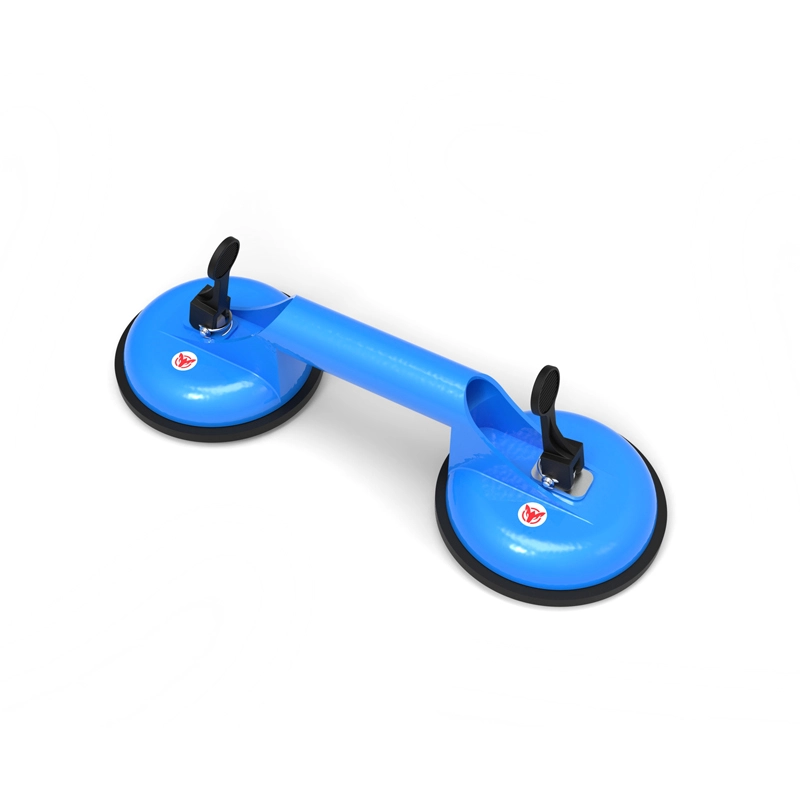
Why Qualifications Matter for Material Handling Operators
1. Safety
Operating motorized equipment is inherently risky—mishandling can result in accidents, injuries, or material loss. Proper training and certification drastically reduce these risks.
2. Legal Compliance
Many jurisdictions require workers to be certified and periodically re-trained to legally operate forklifts, cranes, and other powered devices.
3. Productivity
Qualified operators work faster and more efficiently, reducing downtime and boosting construction site logistics, warehouse throughput, and overall productivity.
4. Minimize Material Waste
Skilled operators handle goods with care, reducing dropped loads, breakage, and costly errors.
Essential Qualifications for Motorized Material Handling
1. Minimum Education
- High school diploma or GED is often preferred but not always required for entry-level positions.
- Reading comprehension and basic math skills help with inventory, measurements, and interpreting safety instructions.
2. Formal Training & Certification
Forklift and Powered Industrial Truck Certification
- OSHA and other workplace safety agencies mandate forklift operators to complete accredited training.
- Training includes classroom instruction, hands-on operation, and a written/practical exam.
- Certifications must be renewed every 1–3 years or after a safety violation.
Crane and Hoist Certification
- Many countries require crane operators (including Jib Cranes) to have a special license or certification.
- Courses cover equipment mechanics, load limits, rigging, signaling, and emergency procedures.
Specialized Equipment Training
- Vacuum Lifters, Aardwolf Slab Lifters, and similar tools require hands-on instruction to ensure safe use.
- Employers may provide on-the-job or vendor-sponsored training.
Learn more at Material-handling Equipment.
3. Licensing and Regulatory Requirements
- Valid driver’s license may be required for certain vehicles.
- Health and safety compliance: Understanding of local, national, and international safety regulations.
- For international projects, additional certifications may be required.
4. Physical Fitness and Medical Clearance
- Good vision and hearing
- Adequate strength and mobility for climbing, standing, and operating controls
- May require a medical exam to confirm fitness for operating heavy machinery
5. Core Skills and Personal Attributes
- Attention to detail: Reading load charts, following instructions, and monitoring surroundings.
- Spatial awareness: Judging distances and clearances in tight warehouse aisles or construction sites.
- Communication skills: Coordinating with team members, especially in noisy environments.
- Responsibility: Recognizing hazards and following protocols strictly.
- Problem-solving: Addressing equipment issues or unexpected site changes.
6. Ongoing Professional Development
- Refresher courses: Required at regular intervals to keep up with new technology and safety standards.
- Cross-training: Experience with multiple equipment types improves career prospects and site flexibility.
- Advanced roles: Supervisory, training, or maintenance positions may require additional courses and leadership skills.
Typical Responsibilities of a Motorized Material Handling Operator
- Inspect and maintain equipment for safety and function
- Safely lift, move, and store materials using powered devices
- Coordinate with supervisors to ensure timely and accurate deliveries
- Follow all safety and environmental protocols
- Log inventory movements and complete necessary documentation
For more, see What Is Material Handling Equipment?
Career Path and Advancement
Entry-level operators often start with basic powered equipment, such as pallet jacks or electric carts. With experience and additional certifications, they may advance to:
- Heavy equipment operator (cranes, hoists)
- Warehouse supervisor or material handling team lead
- Trainer, safety officer, or equipment maintenance specialist
Related Equipment and Up-skilling Opportunities
- Lifting equipment for construction
- Material storage solution management
- Transporting materials on job site (including forklifts for construction)
- Construction site logistics planning
- Hoists and cranes
- Conveyors in construction
Conclusion: Trust, Safety, and Professionalism
Operating motorized material handling equipment requires more than muscle—it demands formal qualifications, safety awareness, and a dedication to professional growth. Qualified workers not only increase efficiency and productivity but also protect their coworkers, their employer’s reputation, and the bottom line.
Explore more:

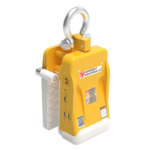
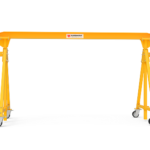
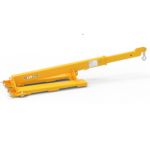
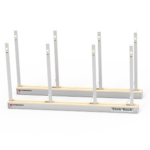
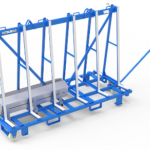
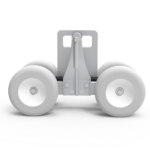
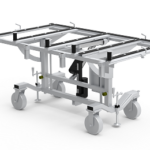
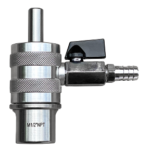
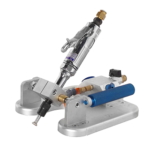
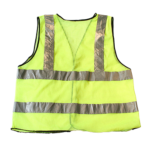

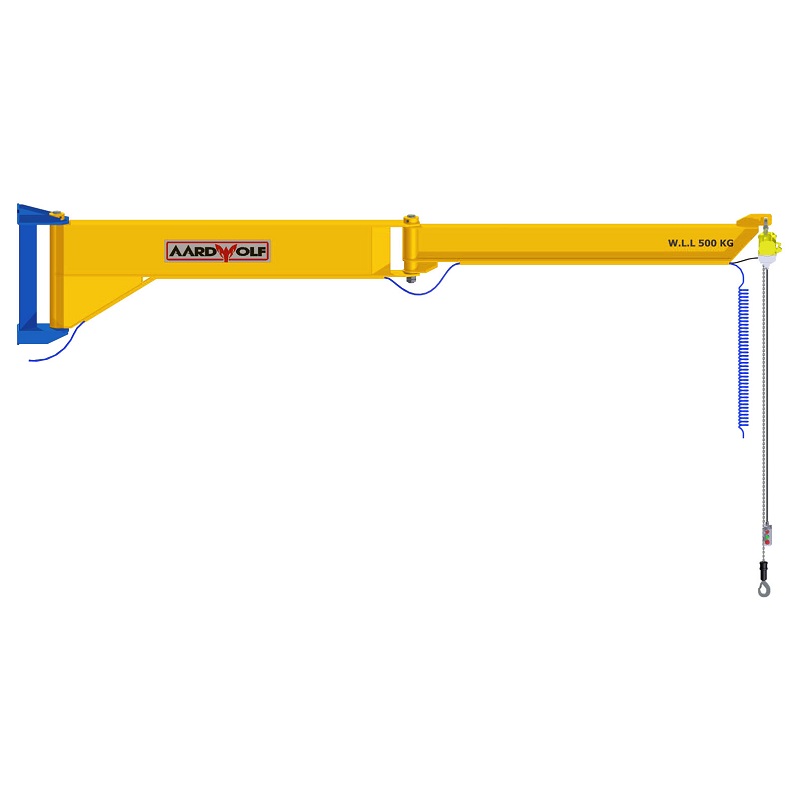
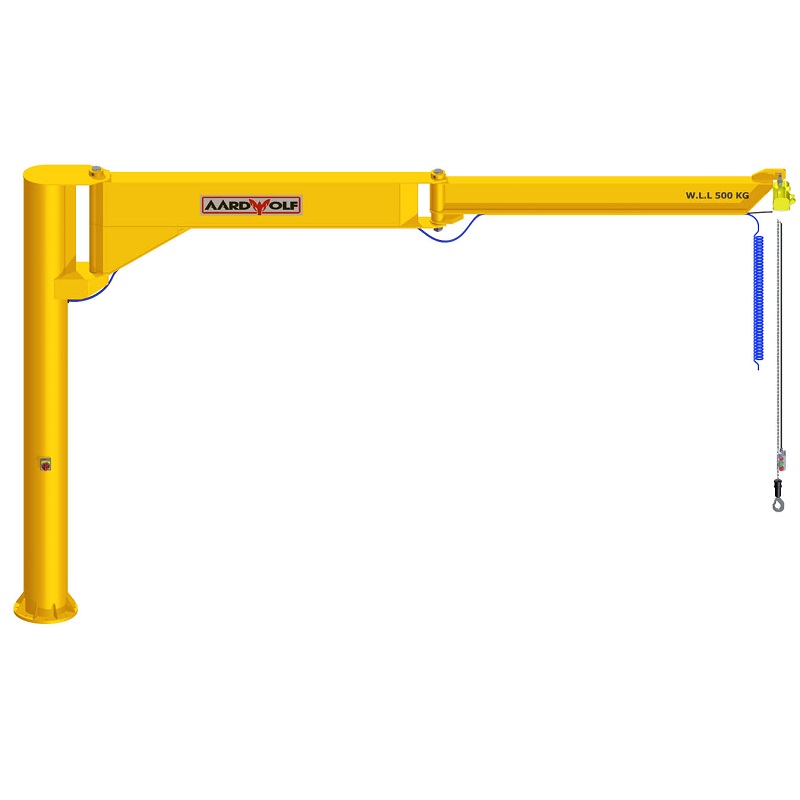
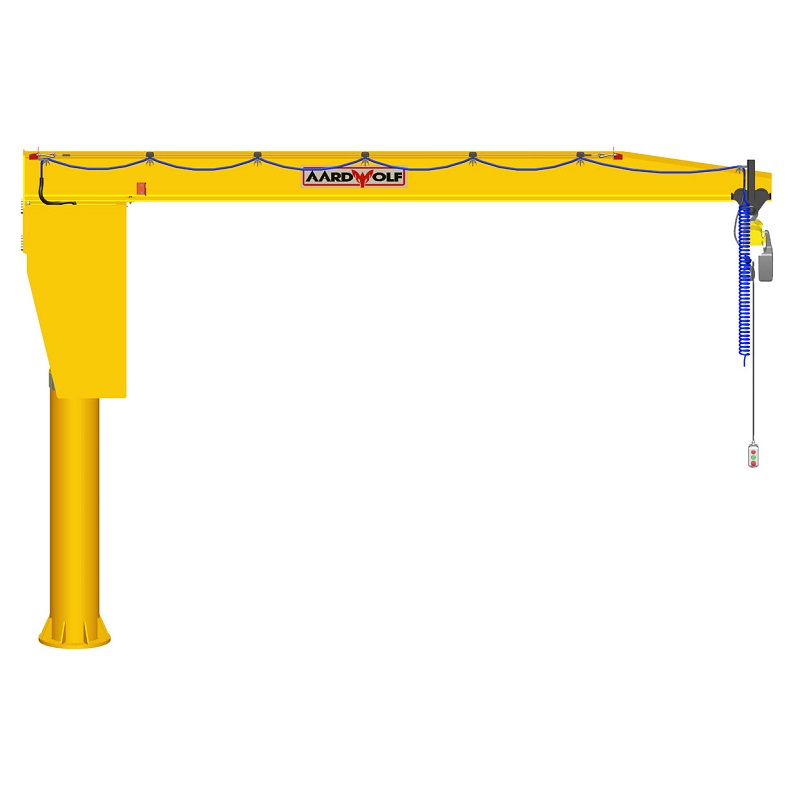


Please log in to leave a comment.